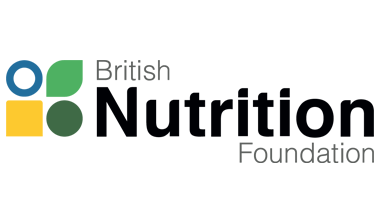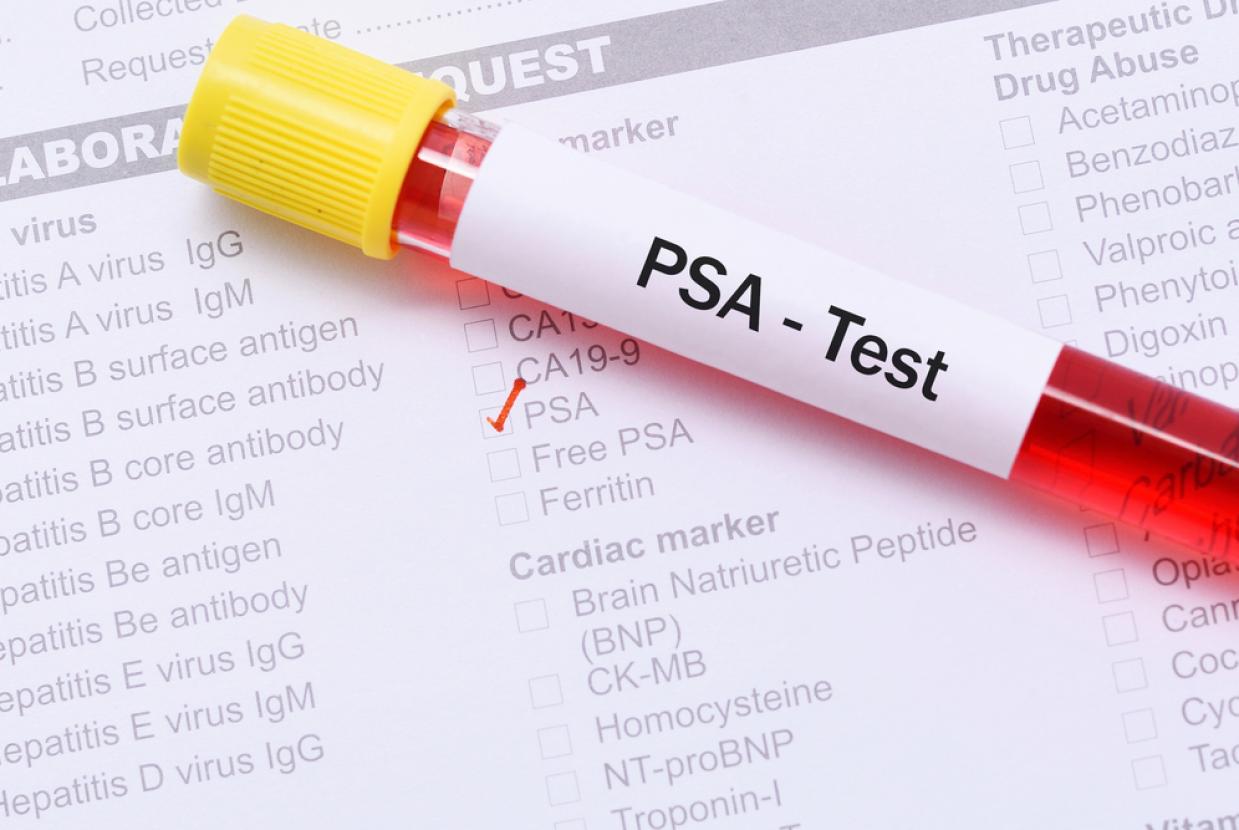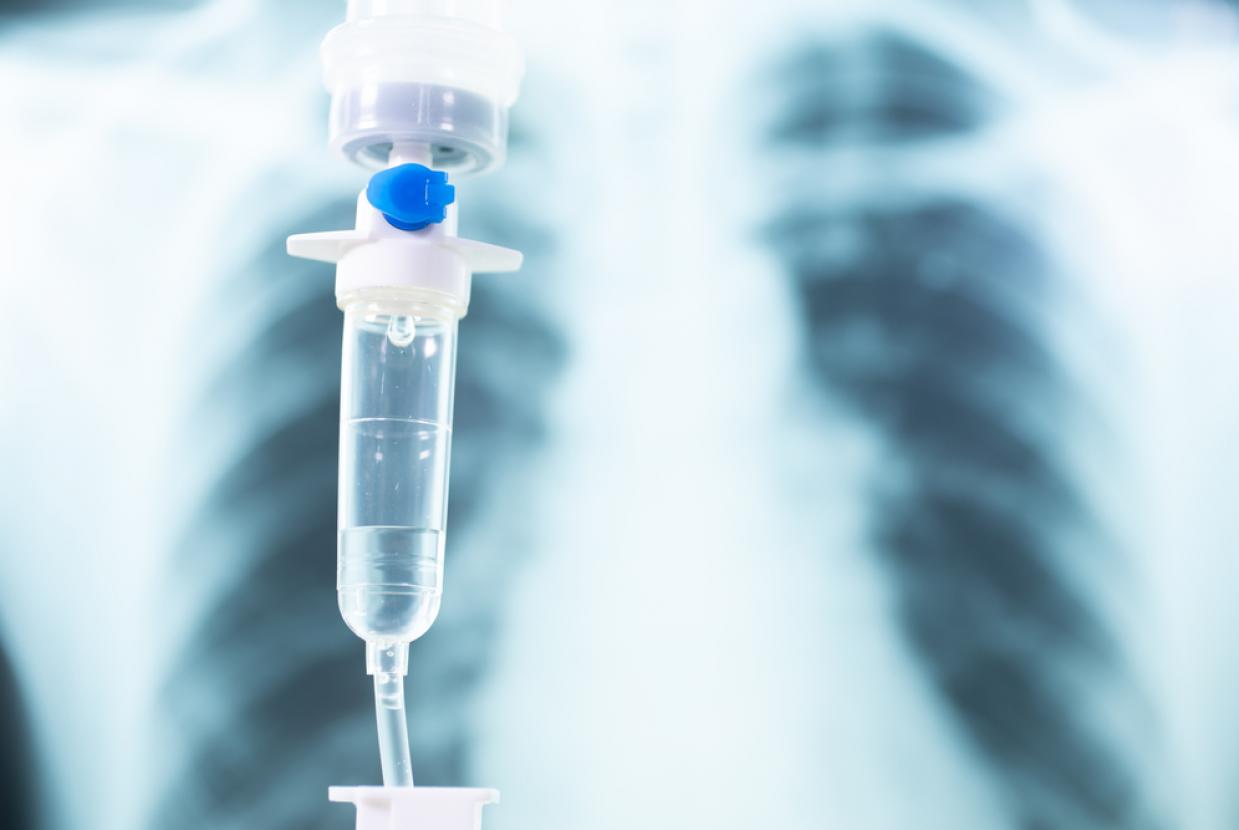Diet & Male Health Issues
In adults, a BMI of 25 kg/m² to 29.9 kg/m² means that a person is considered to be overweight, a BMI of 30 kg/m² or higher means that a person is considered to be obese. BMI in highly muscular adults should be interpreted with caution as it may be a less accurate measure of obesity in this group.
For England, the main source of data on the percentage of men that are overweight and obese is the Health Survey for England (HSE). In 2018, around 70% of men (aged 16 years and over) were reported to be overweight or obese. It is important for everyone to try to maintain a healthy body weight (BMI 18.5-25 kg/m2).
Health risks of adult obesity
There is now good evidence to show that adult obesity is associated with a wide range of health problems including:
- increased risk of hypertension (high blood pressure), coronary heart disease and stroke
- increased risk of type 2 diabetes (90% of adults with type 2 diabetes are overweight or obese)
- increased risk of several cancers
- increased risk of erectile dysfunction
- increased risk of sleep apnoea (interruptions to breathing while asleep)
- increased risk of gastro-oesophageal reflux (symptoms include heartburn and acid reflux)
Raised bodyweight puts strain on the body's joints, especially the knees, increasing the risk of osteoarthritis (a condition that affects your joints and causes pain and stiffness). There is also an increased risk of low back pain. Obesity is also associated with low self-esteem, depression and reduced libido.
Where weight is carried in the body is also important. Men will typically accumulate excess body fat in their abdomen (‘belly’ fat). Carrying weight around the stomach area (abdominal obesity) increases your risk of developing heart disease, type 2 diabetes, stroke and some cancers including kidney, prostate and bowel cancers. One way of finding out if your body shape is increasing your health risk is by measuring your waist. Find the bottom of your ribs and the top of your hips, breathe out naturally before taking the measurement and then wrap a tape measure around your waist midway between these points.
- Your health is at increased risk if you have a waist size of over 94cm (about 37in).
- Your health is at high risk if you have a waist size of over 102cm (about 40in).
In 2018, 34% men had a very high waist circumference greater than 102cm.
The risk of developing diabetes is up to six times higher in South Asian groups than in white groups and South Asian groups have higher mortality from diabetes. The International Diabetes Federation and South Asian Health Foundation agree that the healthy waist circumference threshold for men from South Asian and Chinese ethnic groups should be reduced from 94cm to 90cm, to indicate increased risk.
Prostate cancer
In males in the UK, prostate cancer is the most common cancer, with around 48 600 new cases diagnosed in 2017, accounting for 26% of all new cancer cases in males. The estimated lifetime risk of being diagnosed with prostate cancer is 1 in 6 (18%) for males born after 1960 in the UK.
We still do not fully understand how diet affects prostate cancer risk. The World Cancer Research Fund (WCRF) has reviewed the scientific research currently available on diet, weight, physical activity and prostate cancer, and which of these factors increase or decrease the risk of developing the disease.
It reported there was strong evidence that:
- being overweight or obese increases the risk of advanced prostate cancer
- the taller a man is, the greater his risk of prostate cancer
- consuming beta-carotene (either through food or supplements) is unlikely to have a substantial effect on the risk of prostate cancer.
Some studies show that men who have diets high in calcium may have a higher risk of prostate cancer, but the WCRF concludes that there is only limited evidence to suggest that high intakes of dairy products and calcium are associated with increased risk.
Eating disorders and body image
Eating disorders are often described as a female issue, and there is very little good quality data on how many men are affected by an eating disorder. A survey conducted in 2007 for the NHS confirmed that although cases of possible eating disorder are concentrated among women, it also showed that a quarter of cases among young people were found in men.
Types of eating disorders include anorexia nervosa, bulimia and binge eating disorder. These types of conditions are complex, with many potential causes and risk factors including:
- low self-esteem
- a family history of eating disorders
- depression or substance misuse
- being criticised/bullied for body shape or weight
- being overly concerned with being slim or having a particular body image
The Royal College of Psychiatrists have looked at eating disorders in men and report that:
- Eating disorders do seem to have become more common in boys and men.
- It may be that men are now seeking help for eating disorders rather than keeping quiet about them.
- Eating disorders are more common in occupations which demand a low body weight (or low body fat). These include horse riding, bodybuilding, wrestling, boxing, dancing, swimming, athletics and rowing.


































































